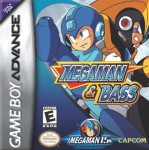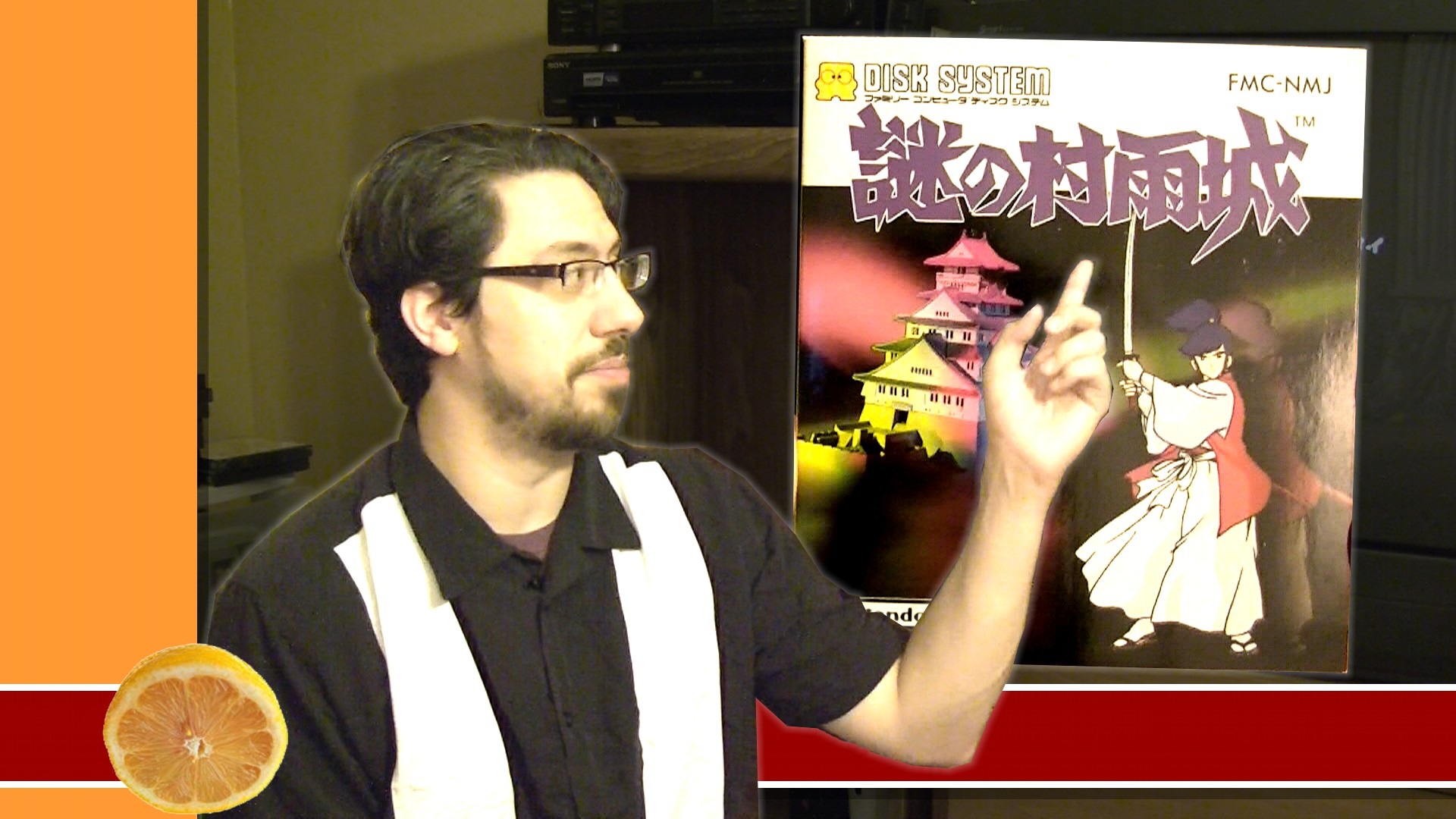Lost Classics: Mega Man and Bass (Game Boy Advance, Super Famicom)
by William Talley, filed in Games, Lost Classics on Oct.11, 2008
 Earlier this week, I featured the actual Mega Man 9 as the $20 game of the week, so now here is the game that would have been Mega Man 9. After releasing Mega Man made a phenomenal 32-bit debut on the Saturn and Playstation with Mega Man 8, Capcom went to work on one last 16-bit Mega Man game. It wouldn’t be just a patchwork job though. Capcom pushed the limits of the Super Famicom (or SNES as we know it over here) to its limits in ways which have not been achieved even with Mega Man 7 or the first three Mega Man X games. The game would be one of the last 3rd party games released on a 16-bit system, and what a game it would have been. Unfortunately, this was 1998, well after Nintendo killed off Super Nintendo support in the US. Thus, the game saw a Japan-only release, and until recently, the only way players could see it was via emulation (which Powet does not condone by the way) or import. Even then, you had to be able to read Japanese in order to understand the story. Thankfully, along with GBA re-releases of other games in its 16-bit catalog, Capcom decided to bring this game over with them, giving North American fans the chance to experience one of Mega Man’s finest adventures of the 16-bit era.
Earlier this week, I featured the actual Mega Man 9 as the $20 game of the week, so now here is the game that would have been Mega Man 9. After releasing Mega Man made a phenomenal 32-bit debut on the Saturn and Playstation with Mega Man 8, Capcom went to work on one last 16-bit Mega Man game. It wouldn’t be just a patchwork job though. Capcom pushed the limits of the Super Famicom (or SNES as we know it over here) to its limits in ways which have not been achieved even with Mega Man 7 or the first three Mega Man X games. The game would be one of the last 3rd party games released on a 16-bit system, and what a game it would have been. Unfortunately, this was 1998, well after Nintendo killed off Super Nintendo support in the US. Thus, the game saw a Japan-only release, and until recently, the only way players could see it was via emulation (which Powet does not condone by the way) or import. Even then, you had to be able to read Japanese in order to understand the story. Thankfully, along with GBA re-releases of other games in its 16-bit catalog, Capcom decided to bring this game over with them, giving North American fans the chance to experience one of Mega Man’s finest adventures of the 16-bit era.
It’s been some time after the events of Mega Man 8, and a new robot menace known as King is invading the robot museum. Mega Man of course takes it upon himself to stop the chaos. However, Bass decides to take up arms against King as well, if for no other reason than to prove himself the greatest. Mega Man and Bass was intended as a side story to Mega Man 8, but it manages to stand on its own alongside any full fledged Mega Man game, and it brings some interesting twists to the formula to boot. Not the least of which is the ability to play as Mega Man’s arch rival, Bass. While Mega Man pretty much plays the same way he always has, Bass has his own special tricks. For instance, he can dash, double jump, and can aim his arm canon at a 45 degree angle. However, he takes slightly more damage than Mega Man, can’t charge his arm canon, and his shots do less damage than Mega Man’s. It adds a new dynamic, similar to when players could choose between X and Zero in Mega Man X4.
As I stated before, the graphics push the aging 16-bit hardware to its limit. Many of the sprites and backdrops have been lifted from Mega Man 8, and the animations are almost just as fluid. The soundtrack is nothing special, but it’s much more organic and lively sounding than the tunes in Mega Man 7. The soundtrack in the Game Boy Advance version has been toned down slightly due to its hardware, but it’s still solid. Just like in Mega Man 8, players can purchase items and upgrades from Auto’s shop. These improvements will come in handy, as the game’s difficulty ranks among the hardest in the series. This is especially apparent in the final levels, as losing all of your lives will send you back to the beginning.
Even with the difficulty, Mega Man and Bass is still an excellent entry in an excellent franchise, and it’s one of the last few in the series which still presented classic Mega Man action. Face it, ever since you saw him in Mega Man 7, you always wanted to play as Bass. Yeah, that hidden minigame and those two pseudo-fighting games were nice, but Capcom put Bass in the spotlight for the first time ever. It’s a pity this wasn’t included on 2004’s Mega Man Anniversary Collection disc, as the GBA cart is becoming increasingly hard to find. Hopefully we’ll see a translated SNES version on the Wii Virtual Console in the near future.


 PS3
PS3
 Famicom Dojo
Famicom Dojo KEEP PLAYING
KEEP PLAYING KEEP PLAYING: Rewind
KEEP PLAYING: Rewind Powet Toys
Powet Toys Powetcast
Powetcast Hitchhiker's Guide POWETcast
Hitchhiker's Guide POWETcast














